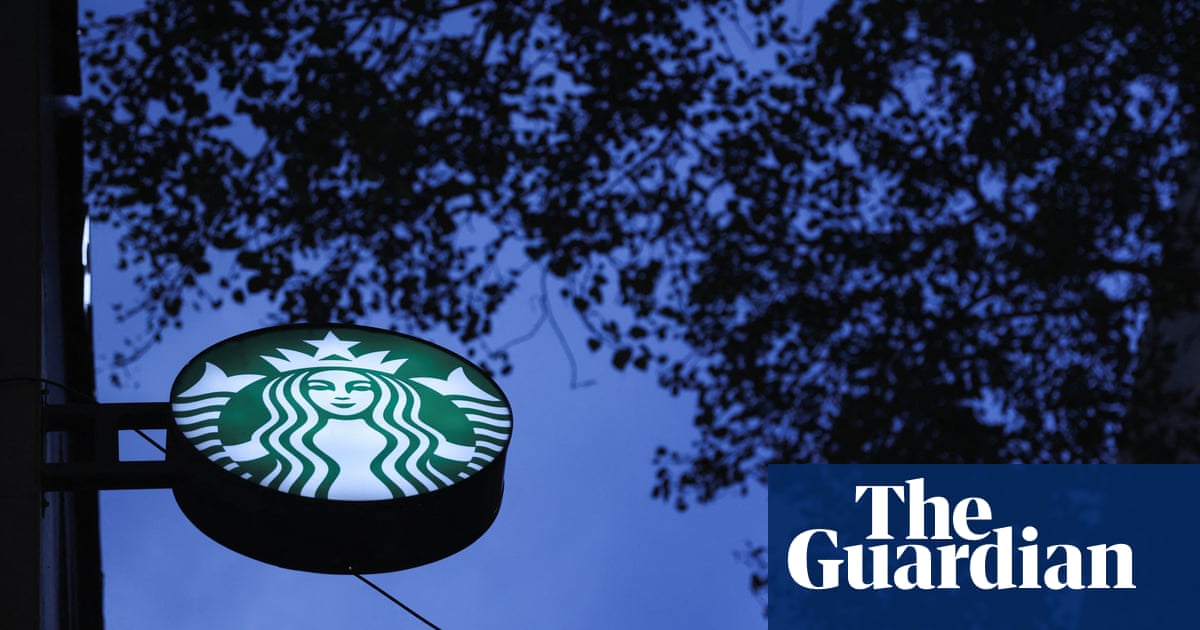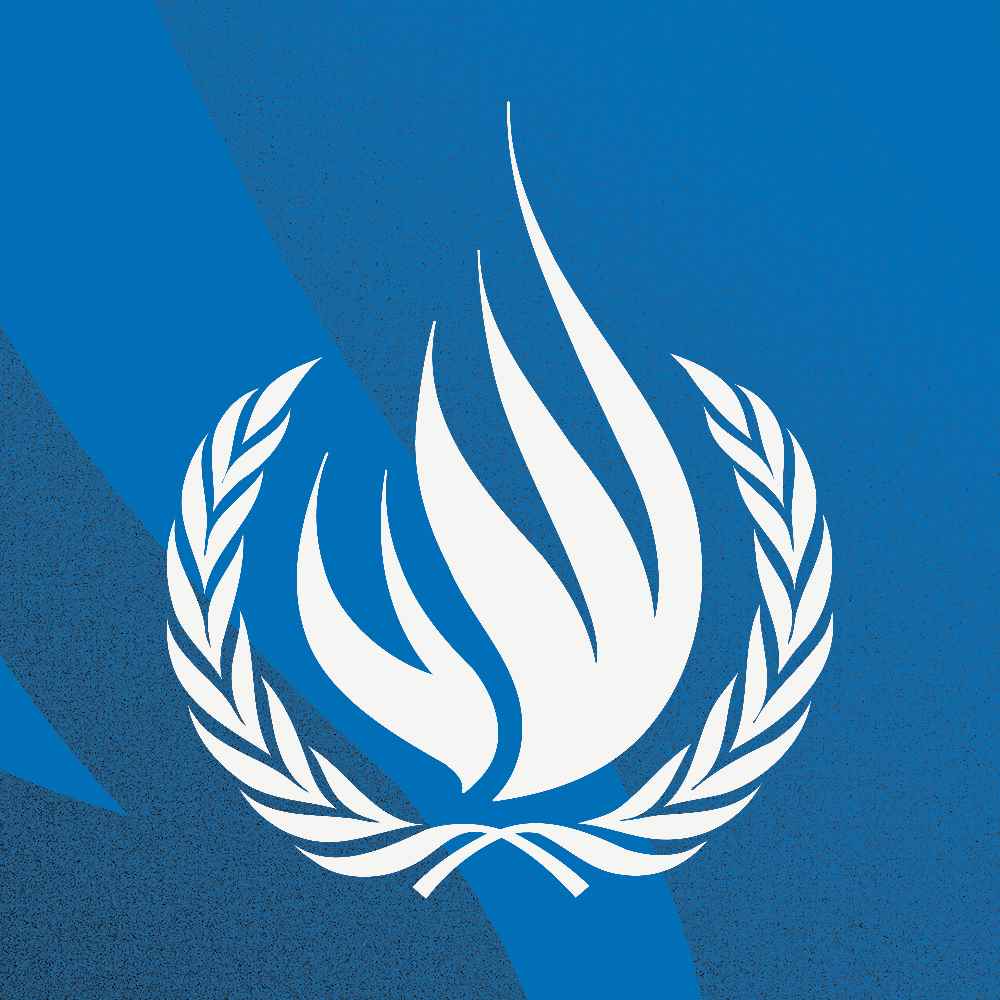
Starbucks, the coffee chain that has long portrayed itself as an ethical business and fair employer, is being sued by a US consumer group that claims its image is a deception that hides multiple instances of labor and human rights violations in the making of its products.
While the coffee giant has committed to “100% ethical” sourcing, the lawsuit claims it has instead misled the public by procuring materials from farms and cooperatives that have committed various violations against workers.
“On every bag of coffee and box of K-cups sitting on grocery store shelves, Starbucks is telling consumers a lie,” said Sally Greenberg, chief executive officer of the National Consumers League, which has lodged the lawsuit in the superior court of the District of Columbia.
“The facts are clear: there are significant human rights and labor abuses across Starbucks’ supply chain, and consumers have a right to know exactly what they’re paying for.”
The legal complaint alleges that Starbucks has failed to reform its coffee and tea sourcing practices and has capitalized upon a “significant and growing consumer demand for ethically sourced goods and services”.
Specific allegations in the lawsuit include claims that Starbucks’ biggest supplier in Brazil has overseen working conditions akin to slavery, including the illegal trafficking of migrant workers, while child labor has been allegedly used in separate Starbucks-certified farms in Guatemala. In Kenya, meanwhile, a plantation operation that supplies tea to Starbucks has been accused of “rampant sexual abuse”, including supervisors forcing women to have sex in return for work.
Starbucks has long touted its ethical and sustainable reputation, writing in its Global Human Rights Statement that it picks suppliers that “conduct business in a responsible and ethical manner”. The company has strongly denied the claims laid out in the National Consumers League lawsuit.
“Please know we take these allegations very seriously, and plan to aggressively defend against claims that Starbucks has misrepresented our ethical sourcing commitments to customers,” Michelle Burns, Starbucks’ executive vice-president of global coffee, social impact and sustainability, wrote in a public note to its partners. Burns said Starbucks’ sourcing practices are “best in class”.
Starbucks did not immediately respond to the Guardian’s request for further comment.










